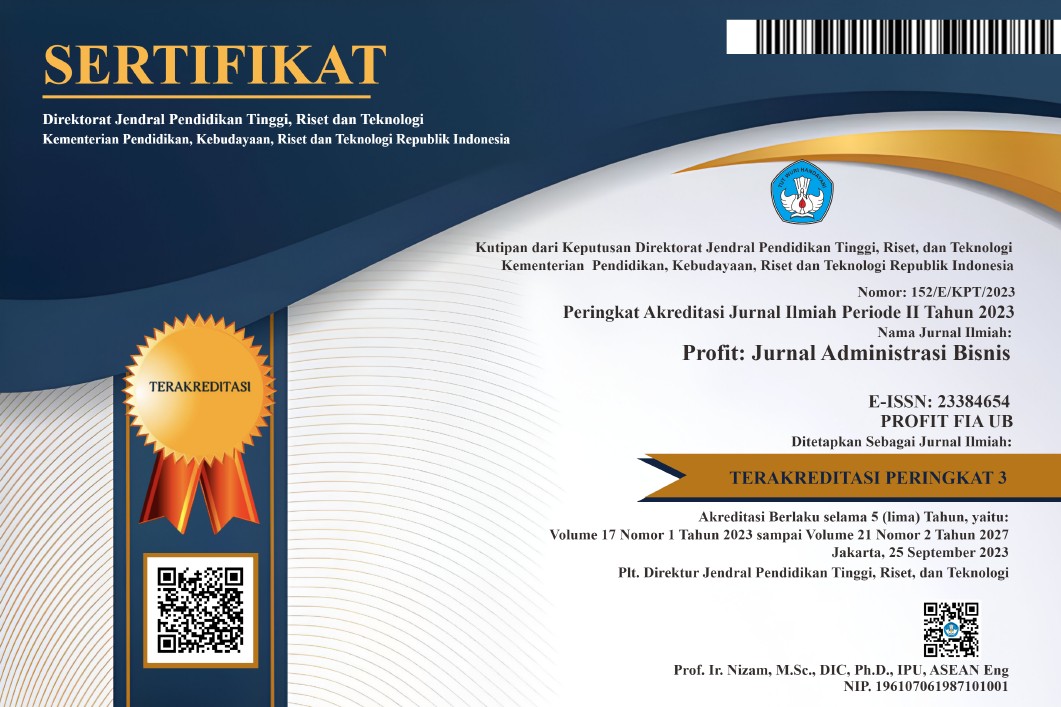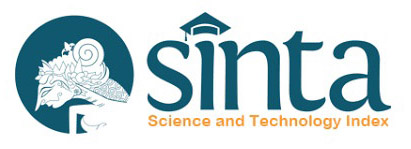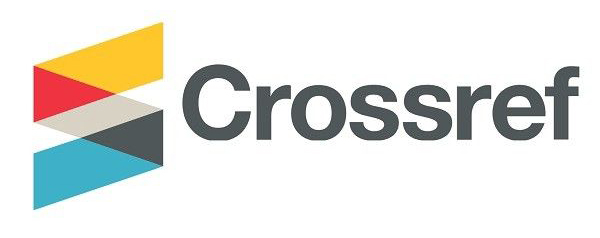AN ANALYSIS ON THE BACKGROUND OF ONLINE TRANSPORTATION CREW TO SUPPORT THE TOURISM AND NON-TOURISM ACTIVITIES (A Study on Online Transportation Drivers and Riders in Bandung)
DOI:
https://doi.org/10.21776/ub.profit.2018.012.01.2Keywords:
tourism, online transportation, Bandung, online operatorAbstract
Transportation becomes vital to tourism activities, especially when it comes to accessibility. Online transportation has become one of the choices for tourists to use in Bandung. This study focuses on analyzing how drivers or riders of online transportation in serving tourists and general consumers. The research method is qualitative with in-depth interviews with respondents (operators/drivers/riders) randomly chosen. Data Triangulation and Focus Group Discussion (FGD) are the methods use for data analysis. The results show that respondents join the online transportation, as the service has become such a trend in the city that more and more people are using it. Some takes the job as operators as their main job, while some others do that as simply a side job. Some even have a double membership status (both as offline and online transportation crew), yet some others choose to only become part of the online team. These riders or drivers purchase their vehicles by a credit system.
Â
Â
References
Anindita,Wiratri. Arisanty, Melisa, dan Rahmawati, Devi. (2016). Analisis Penerapan Teknologi Komunikasi Tepat Guna pada Bisnis Transportasi. Prosiding Seminar Nasional INDOCOMPAC. Universitas Bakri. Jakarta
Bimonte, Salvatore and Ferrini, Silvia. (2015). Transport infrastructures, environment impacts and tourists' welfare: a choice experiment to elicit tourist preferences in Siena–Italy. Journal of Environmental Planning and Management. ResearchGate.
Coles, T., Duval, D. T., & Hall, C. M. (2005). Tourism, Mobility, and Global Communities: New Approaches to Theorising Tourism and Tourist Spaces. In W. F. Theobald (Ed.), Global Tourism (3rd ed., pp. 463-481). Burlington: Elsevier Butterworth-Heinemann.
Fang, B., Ye, Q., & Law, R. (2015). Effect of Sharing economy on Tourism Industri Employment. Annals of Tourism Research, 57(2016), 234-278.
Harris-Peticca, Amanda and McKenna, Steve. (2013). Identity Struggle, Professional Development and Career A Career/Life History of Human Resource Management Professional. Journal of Management Development. Vol. 32 No. 8, 2013 pp. 823-835.
Lam L.K, Newman. (2016). INTRODUCTION: Business-government relationship in economic development. Asian Education and Development Studies Vol. 5 No. 4, 2016 pp. 362-370.
Leon-Martines M.I, Cifuentes-Olmedo, Isabel, and Llorens-Ramon, Camino. (2018). Work, Personal and Cultural Factors in Engineers’ Management of Their Career Satisfaction. Journal of Engineering and Technology Management. Vol 47. January-March 2018, Pages 22-36. Elsevier
Truong, Van, Nguyen and Shimizu, Tetsuo. (2016). The effect of transportation on tourism promotion: Literature review on application of the Computable General Equilibrium (CGE) Model. WORLD CONFERENCE ON TRANSPORT RESEARCH SOCIETY. Elsevier.
Wouters, M., & Kirchberger, M. A. (2015). Customer Value Propositions as Interorganizational Management Accounting to Support Customer Collaboration. Industrial Marketing Management, 46, 54-67.
Yoeti, Oka A. (1996). Pengantar Ilmu Pariwisata. Bandung: Angkasa
Downloads
Published
Issue
Section
License
The copyright of the received article shall be assigned to the journal as the publisher of the journal. The intended copyright includes the right to publish the article in various forms (including reprints). The journal maintains the publishing rights to the published articles.

This work is licensed under a
Creative Commons Attribution-NonCommercial 4.0 International License

















